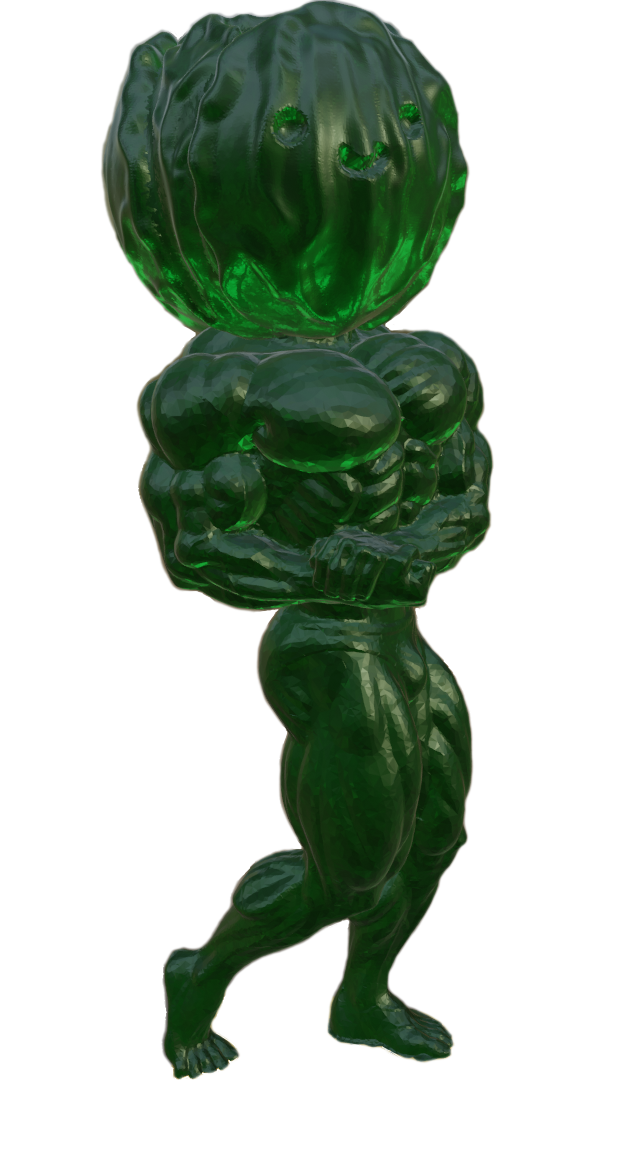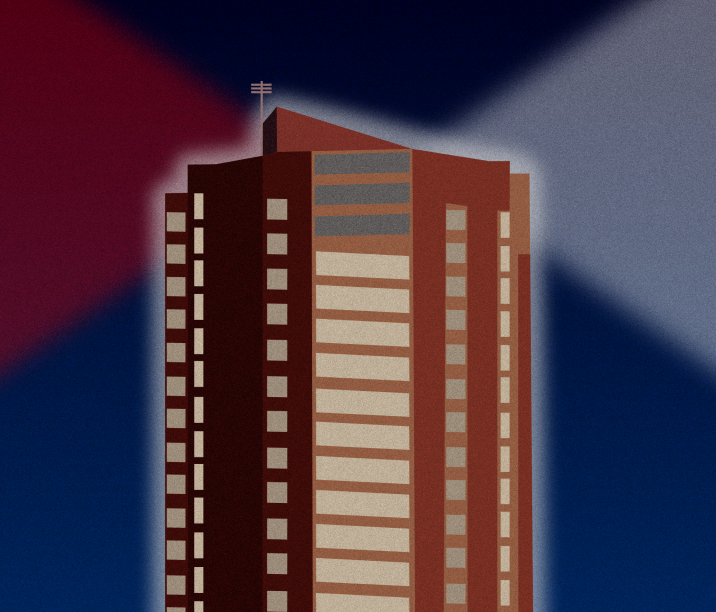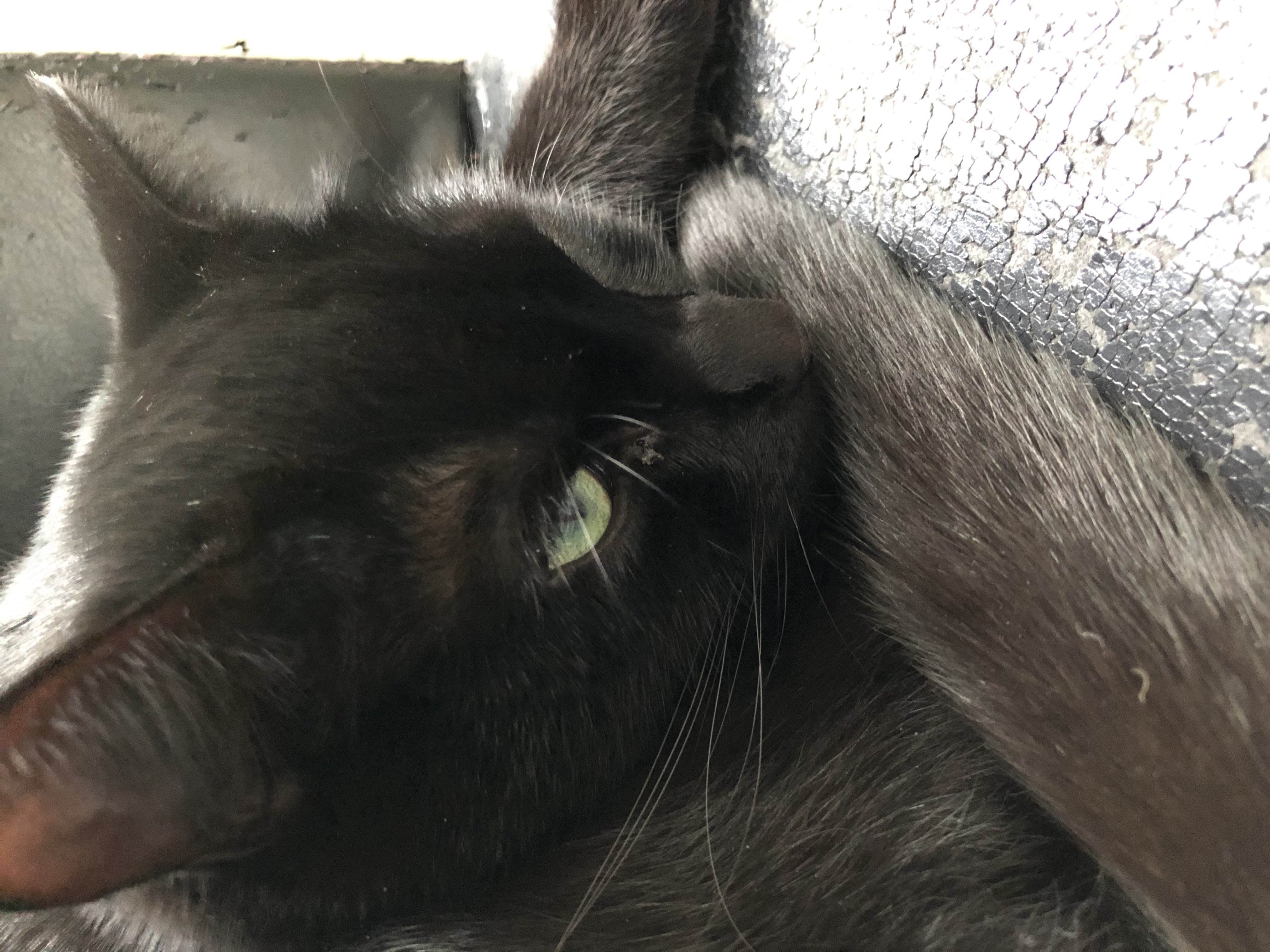- cross-posted to:
- science@lemmy.world
- cross-posted to:
- science@lemmy.world
tl;dr: eat foods with a high fiber content
Referenced article:
Corbin, K.D., Carnero, E.A., Dirks, B. et al. Host-diet-gut microbiome interactions influence human energy balance: a randomized clinical trial. Nat Commun 14, 3161 (2023). https://doi.org/10.1038/s41467-023-38778-x
tl;dr: eat plants
Wish there were more plant heavy fast food options, I’ve been trying to avoid eating a ton of meat for environmental and health reasons already but when you’re short on time and energy it’s not always easy.
deleted by creator
Indian food is pretty good but there aren’t a ton of places where I live.
Muchas gracias amigo
n = 17, very small sample size
The study seemed pretty intense, I imagine it’s hard to find participants, not to mention funding it.
The gut microbiome has always fascinated me. I honestly never really thought about feeding the billions of microbes that have real estate in my body.
I wonder if caffeine would have a similar effect because it seems like things move more quickly through the GI tract.
I can sum this up for everyone: Healthy foods are better for you.
shockedpikachu.meme
The gut microbiome has always fascinated me. I honestly never really thought about feeding the billions of microbes that have real estate in my body.
I wonder if caffeine would have a similar effect because it seems like things move more quickly through the GI tract.
Sure could use some better titles up in here.
Nice article but it doesn’t really prove that calories are not equal. The article discusses how the calories get absorbed differently, but that doesn’t mean the calories have changed or disappeared. Kind of misleading title.
I suppose it depends on whether you’re interested in the amount of energy contained in a food or the amount of energy a human being can obtain from the food. We’re typically only interested in the latter.
Calories are not interchangeable if you’re interested in nutrition (as opposed to burning things).
The best example I can think of is cellulose; it’s the main source of calories for ruminants, but totally indigestible by humans.
There are loads of examples, that’s a very good one (fibre burns in calorimeters so can throw calorie counts off a lot).
Raw food delivers fewer (usable) calories than cooked food, whether it’s vegetables or steak.
Highly processed foods, especially carbohydrates, deliver their calories fast, spiking blood sugar and stimulating insulin production to lay the excess energy down as fat. If you’re hibernating for winter, you want the fat. But if you’re running a marathon you want slow (protein and fat) and slower (complex carbohydrates) release foods.
Chill your potatoes/rice/pasta for 24 hours and it will have more complex carbohydrates than it did when freshly cooked. Reheat them and they’ll have even more. Jury still out on whether this means frozen chips (fries) are a healthy food…
Even the amount you chew affects the number of calories available (analogous to the amount of pre-processing being important).
International tables of glycemic index and glycemic load values 2021: a systematic review
In this context, calories not being same does not mean there are different kinds of calories.
However calorie source could mean how it’s absorbed by your body may differ. So 100 calorie chocolate may provide your body 90 calories of energy, but 100 calorie lentil could provide your body 80calories worth of energy.
The gut microbiome has always fascinated me. I honestly never really thought about feeding the billions of microbes that have real estate in my body.
I wonder if caffeine would have a similar effect because it seems like things move more quickly through the GI tract.
long story. tl;dr: I had anxiety after quitting a prescription and killed my digestion with OTC meds. Fiber, enzyme supplements and protein drinks have me gaining weight again. “Cheap processed foods”? who eats this crap every day still? give me veggies raw or canned anyday. cheap
What about trans fats?
This research didn’t seem to investigate trans fats, but rather the effect of unprocessed food that’s high in fiber vs processed food that’s low in fiber.
The last book I read that discussed fats is a bit out of date (The Story of the Human Body: Evolution, Health, and Disease by Daniel Lieberman), but it has an interesting explanation of the differences between saturated, unsaturated, and trans fats. Then the author reveals the plot twist that well… maybe the different fats don’t actually make that much difference once they’re in the body and that current research is still unclear.
Theyre banned in florida.
The headline kinda blows. All calories are equal, but if you include the calories which are used by gut flora, our current counts are inaccurate. Not as catchy, I guess.
Meaningless distinction. The whole point is calories from the perspective of gut flora because we’re interested in how the body is using those calories in this context.









